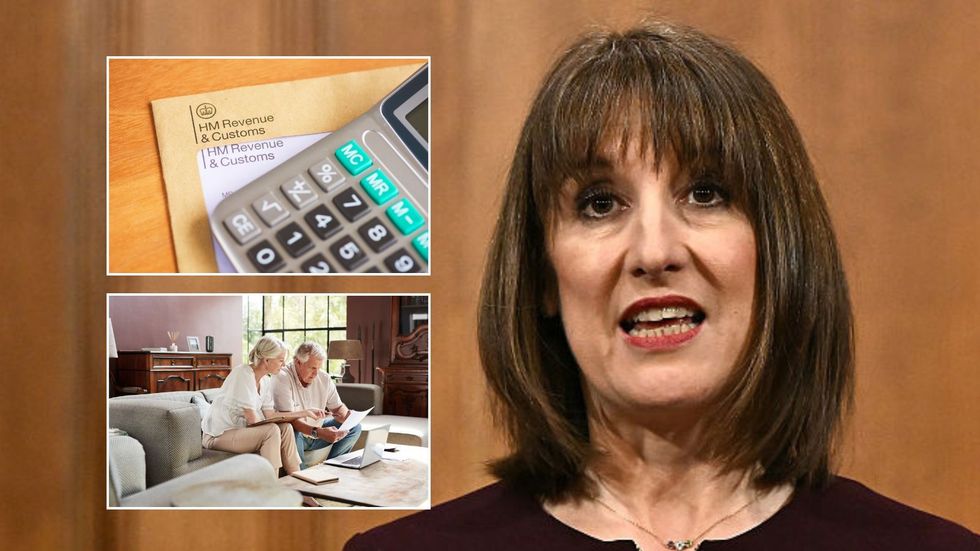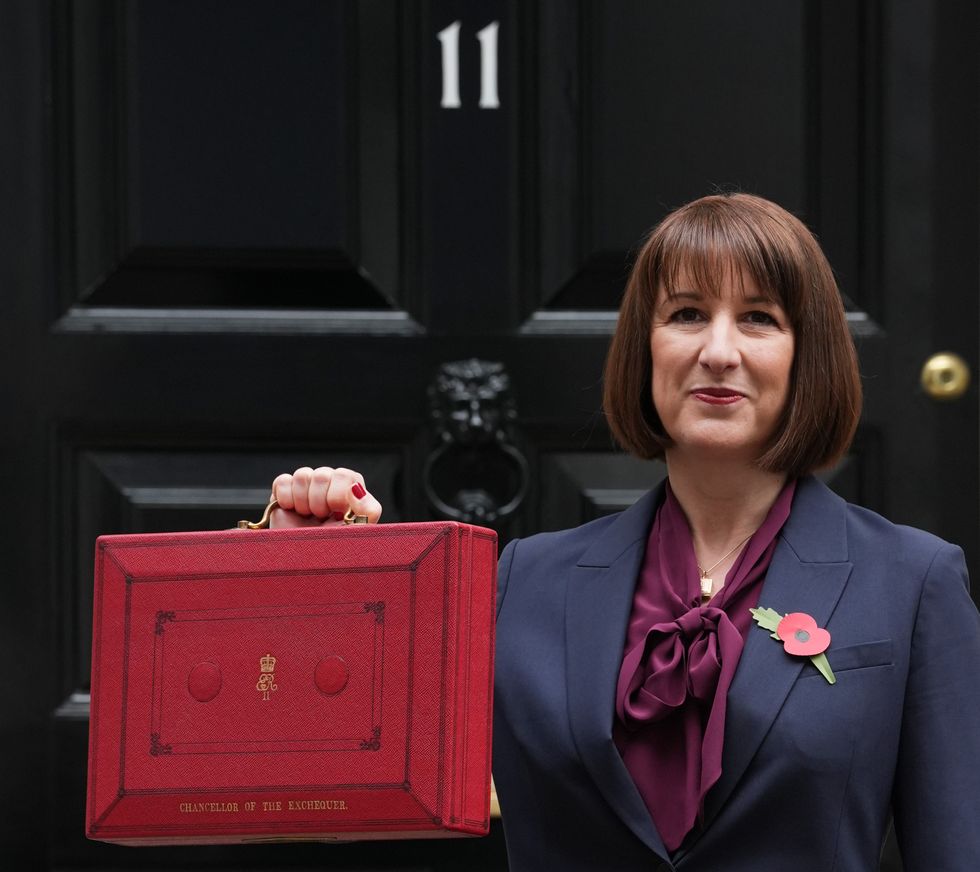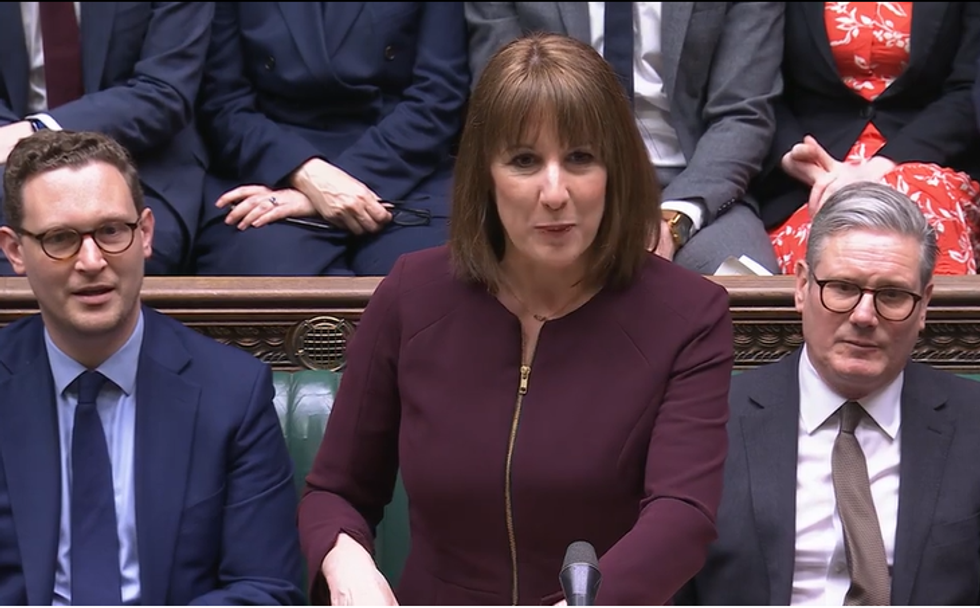Rachel Reeves’ Spring Statement measures ‘coming out of the woodwork’ tipped to …
GBNEWS
Chancellor Rachel Reeves claims households will be £500 better off — but tax experts warn tax hikes announced by Rachel Reeves will cancel this out
Don't Miss
Most Read
Trending on GB News
British workers have been warned to brace for a "triple whammy" of financial pressure, despite Chancellor Rachel Reeves’s claim that there would be no new taxes in her Spring Statement.
While no headline tax rises were announced, experts say hidden costs buried in previous Budget measures could leave many households worse off in real terms over the coming years.
Robert Salter, director at tax and advisory firm Blick Rothenberg, warned that Reeves’s claim households will be £500 better off doesn’t reflect the full picture.
He told GBNews: "While Reeves has announced no new taxes in today’s Spring Statement, it is clear from her comments and the report from the independent Office of Budget Responsibility (OBR) that there will be a number of financial changes and challenges for ordinary working people over the coming years.
"The rise in employer National Insurance Contributions to 15 per cent from April 2025 is just one part of a triple whammy that will hit taxpayers — alongside higher-than-forecast inflation and downward pressure on wages.
"In economic terms, this is a tax on people’s net incomes, even if it isn’t labelled that way."
The OBR has revised inflation forecasts upwards, now expecting it to hit 3.2 per cent in the 2025/26 tax year, adding further pressure to household budgets already strained by rising living costs.

British workers have been warned to brace for a "triple whammy" of financial pressure
GETTY
Experts say this undermines the Government’s narrative of rising disposable income, as everyday essentials continue to climb in price.
Salter also highlighted the impact of rising business costs on employment. He said: "As it becomes more expensive for British companies to hire and retain staff, we’re likely to see a knock-on effect on pay growth and job security.
"The Government’s NIC rise doesn’t just affect employers — it filters down to workers in the form of suppressed wages and fewer opportunities."
Salter explained these hidden costs in NICs, rising inflation, and stagnant wages could leave many households worse off in real terms over the coming years.

Chancellor Rachel Reeves delivered the Spring Statement this afternoon
PABeyond wage pressures, households are facing significant increases in council tax and utility bills. Average water bills are expected to rise by around 26 per cent in April, while council tax is set to increase by five per cent or more in many areas.
The tax expert explained the Government has failed to provide sufficient funding to local authorities to offset these hikes, in part due to increased NIC burdens on councils themselves.
Salter said: "While the Chancellor may not have introduced new taxes this week, she hasn’t addressed the existing pressures.
"Rising council tax, inflated utility bills, and static wage growth all hit ordinary working families hard. These are real costs — and for many, they’re unavoidable."
Another area of concern is the Government’s renewed crackdown on tax fraud, which could lead to increased scrutiny on smaller taxpayers.

Reeves has announced plans to give HMRC a formal target to boost the number of criminal tax fraud investigations
GBNEWSReeves has announced plans to give HMRC a formal target to boost the number of criminal tax fraud investigations, raising fears that honest mistakes by individuals could be caught up in aggressive enforcement actions.
Salter said: "Tax evasion should be tackled robustly, but there’s a risk that HMRC focuses on easy wins by going after small business owners or individuals who’ve made innocent errors, rather than the bigger, more complex fraud cases."
As Reeves continues to position Labour as the party of fiscal responsibility, experts are calling for greater transparency around what policies really mean for the average taxpayer.
While the government claims people will be £500 a year better off by 2029, critics argue that rising costs and stealth taxes could easily wipe out those gains — and then some.







